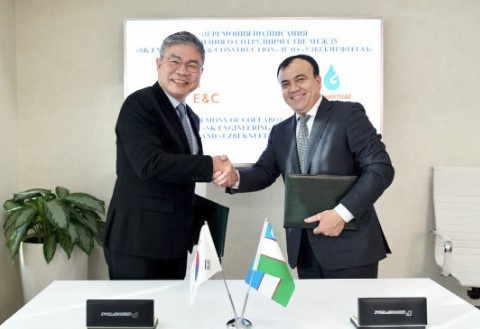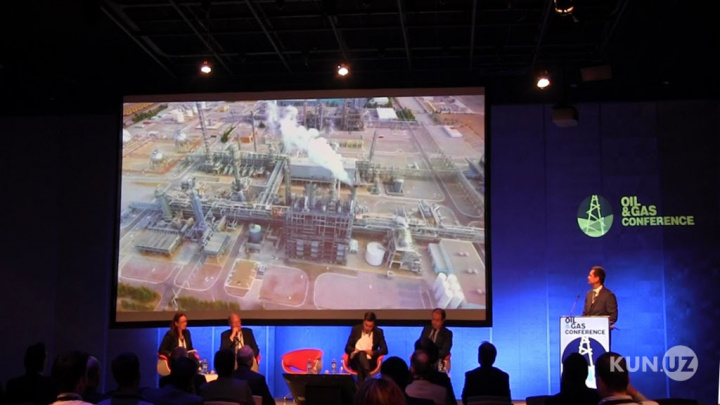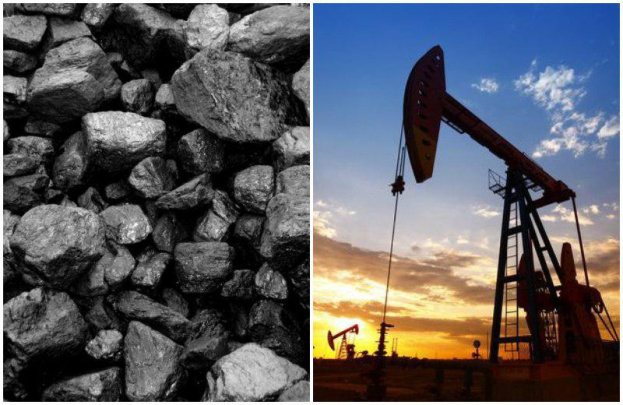Oil prices plummeted. Will gasoline become cheaper in Uzbekistan?
From May 1, 2020, state regulation of retail prices for AI-80 gasoline and diesel fuel will be abolished, and their sale by oil refineries will be carried out only through exchange trading. Would it be beneficial for consumers?
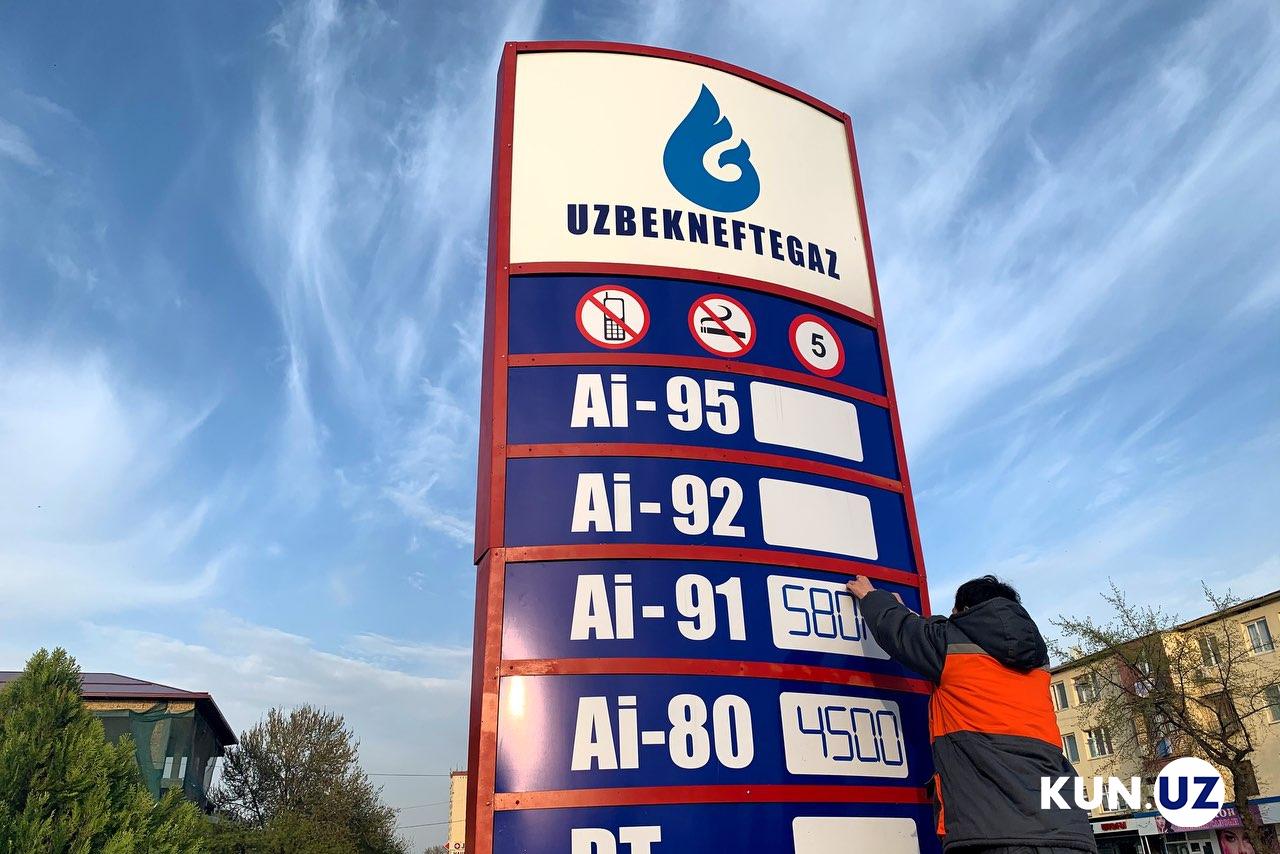
Photo: KUN.UZ
How will the presidential decree and the unique situation in the global oil market affect the price of gasoline in Uzbekistan? Kun.uz correspondent gathered the opinions of various economists on this matter.
“What the new prices will be and how they will be formed depends on the rules established by the government”
Director of the Center for the Promotion of Economic Development Yuli Yusupov:
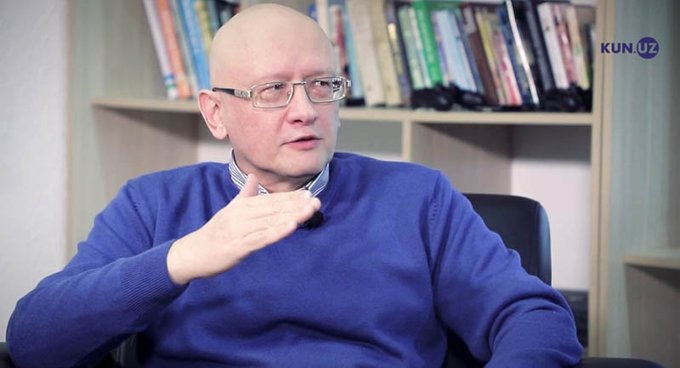
In our country, gas and diesel prices are regulated by the state. Prices should have been “released” much earlier, but now it is perfect time to do it, because oil prices in the world market are plummeting.
What the new prices will be depends on the rules established by the government. If we follow the rules of a true free market, fuel prices in Uzbekistan will inevitably fall due to the situation observed on the world market.
But we like creating artificial monopolies (the most obvious example of this is the auto industry). If this time we get another monopoly instead of a free market, it will be very bad for Uzbekistan. But we hope that the rules will be fair. In case of free market In Uzbekistan, fuel prices will be at the same level as in Kyrgyzstan (we should not take Kazakhstan as an example, because they have low prices due to the absence of export duties on gasoline).
“If the market is not free, prices will not be free either”
Earlier, on April 4, a PhD student at the University of Wisconsin, economist Behzod Khoshimov wrote the following on his Telegram channel:
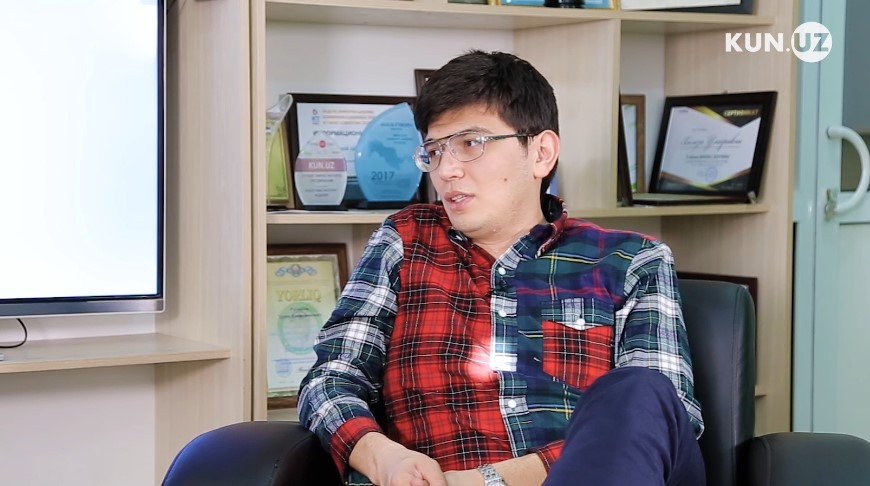
Oil prices have reached their lowest level in recent history. This is the right time to reform the energy and fuel sectors. Now the government should abandon subsidies for gasoline and privatize the entire fuel sector. Due to such cheap oil, even after receiving subsidies, the price of gasoline will not increase. And the state will be, in a good way, freed from one industry and save budget funds (In 2017, Uzbekistan spent $5.2 billion on subsidies in the energy sector).
The price of oil determines the price of other types of energy, which is why all reforms in this sector should be carried out this year, and then by the end of the year we may form a normal energy sector. Over the past twenty years, this has not been possible.
Letting gas prices go free is a good sign, but until the barriers to free access to the market are present, the goal will be elusive. As far as I understand, the state does not plan to leave this sector yet. Limiting competition and regulating the entry of new players into the market will negatively affect prices. It is necessary that the state completely cease its influence in this industry.
When it comes to gasoline, there is nothing wrong with making the market completely free. In this case, everyone wins.
Market freedom is measured not by the number of organizations operating on it, but by barriers that block a new player from entering this market. These barriers and the fact that the barriers are set by the organizations that manage them mean that the market is not competitive. Number of organizations operating in this market cannot be a reason to call the market free. If the market is not free, prices will not be free either.
We hope that in the near future the state will completely leave this sector. I inculcate that this is the most opportune moment for reforming the energy and fuel sector; in the future this may not be possible.
“It is important to provide equal opportunities to all participants”
Nodir Jumayev - Deputy of the Oliy Majlis, Doctor of Economics, Professor:
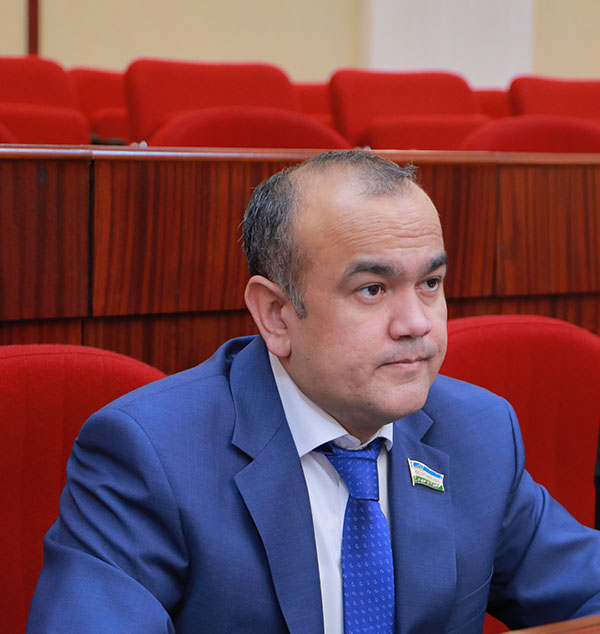
According to the new order, prices will be set by the market itself, that is, they will be formed in accordance with the laws of supply and demand. It is clear that the higher the demand for the product, the higher the price and vice versa.
The main goal is a healthy competitive environment in the industry and quality of service. An important issue is ensuring equal access for all participants and transparency of pricing. Thus, according to the presidential decree, by October 1, 2020, all enterprises of the oil and gas industry ensure the implementation of the anti-corruption system “compliance control”.
We should recall what we got after the deregulation of prices for bread and bakery products. We need to correctly understand: this is not only about price, but also about quality assurance.
We must admit that we have not switched to a market economy yet. If we do not shape our economy according of market rules, we will not be able to create a competitive environment and may lose our place in the international market. If monopolistic enterprises continue to set whatever prices they want in the market, this will adversely affect the integration process in the global economy.
According to the decree, before June 1, 2020, the Cabinet must submit proposals on hiring highly qualified foreign experts and specialists, including Uzbek citizens abroad, at oil and gas enterprises, indicating their selection methods, qualification requirements, functional responsibilities, terms of attraction and payroll size. All this is an important step in ensuring transparency in this industry. We think that the measures taken will lead to the strengthening of the energy and fuel sector, its functioning in a market economy and competitive environment.
In a market economy, the manufacturer sets prices based on costs (wages, taxes, profits, etc.). If this price is not acceptable for the consumer, the company will have to produce products with a more reasonable price and with the same good quality. A monopolistic and non-competitive environment will lead to price formation that is disproportionate to consumer demand.
From this point of view, the most important thing is not whether the price is low or high, but whether or not it is acceptable for both the consumer and the manufacturer.
According to the deputy chairman of Uzbekneftegaz, Ulugbek Ashurov, the introduction of this mechanism will strengthen the competitive environment in the industry, reduce costs and improve the quality of service.
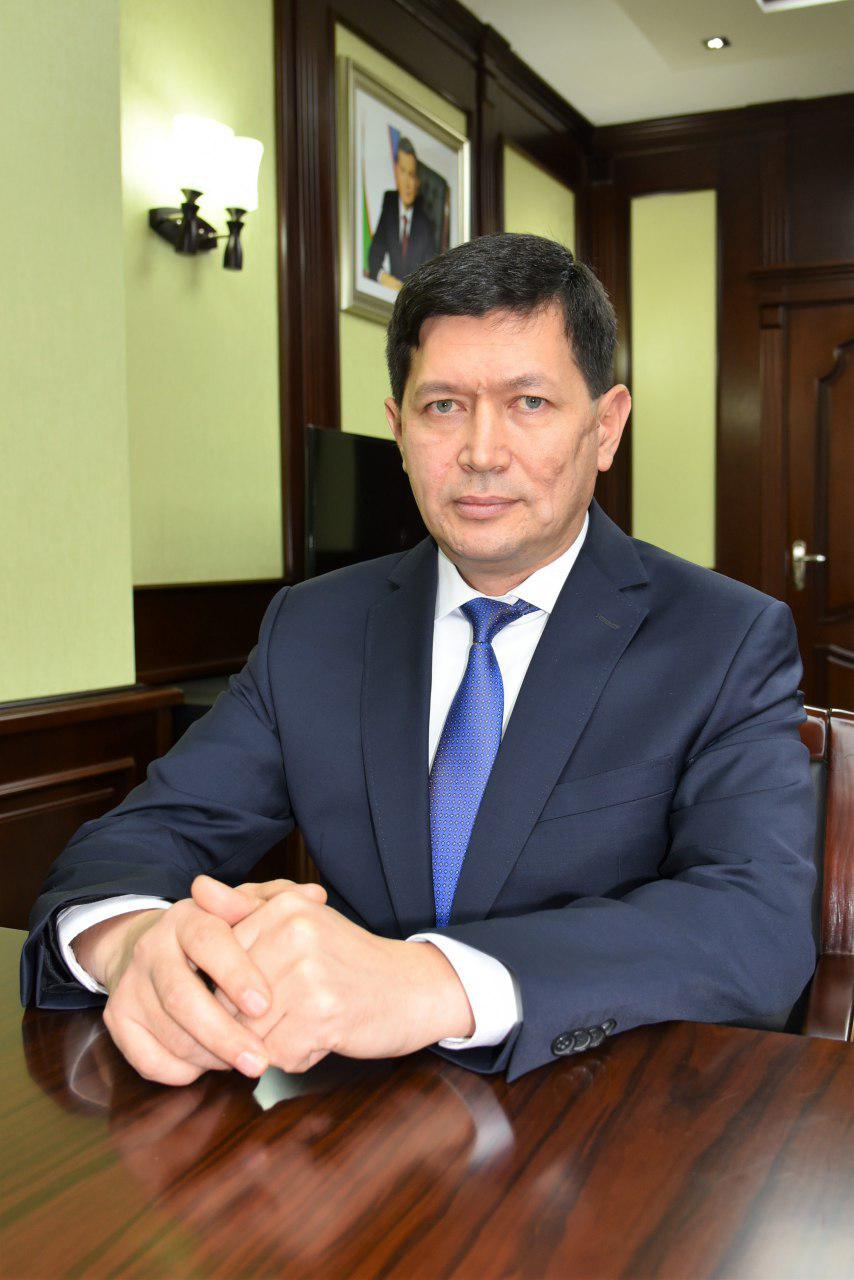
“The introduction of this mechanism in April-May will lead to lowering prices of gasoline and diesel fuel in accordance with world market prices,” he said.
According to Kun.uz, in 2020 Uzbekistan plans to produce 1.1 million tons of gasoline (891 thousand tons of AI-80). In addition, there are plans to import 2.4 thousand tons of environmentally friendly gasoline of Euro 4 and 5 classes.
This year, it is also planned to produce 1.2 million tons of diesel fuel and import 1.6 thousand tons of high-quality diesel fuel of Euro 4 and 5 environmental classes.





